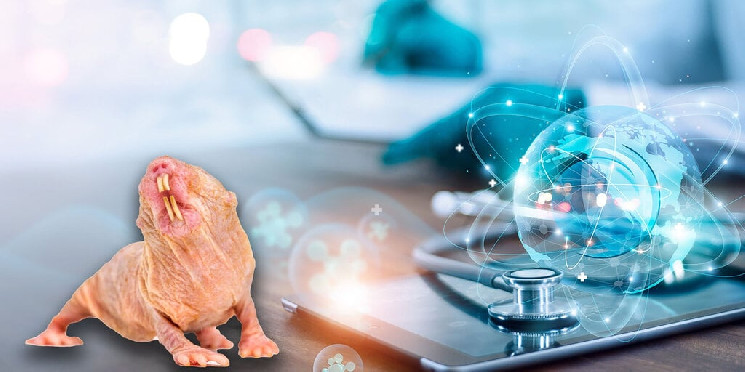VitaDAO Launches Biotech Firm to Fight Aging With Naked Mole-Rats

A decentralized autonomous organization (DAO) is taking its interest in life extension to the next level, founding a biotech company to pursue cutting-edge science in treating cancer and other age-related diseases.
VitaDAO, a community-owned collective with a mission to fund and advance early-stage longevity research, announced today the launch of Matrix Biosciences, in partnership with world-renowned biologist Vera Gorbunova. A professor at the University of Rochester, Gorbunova is credited with identifying cancer-resistant traits in the naked mole-rat.
Todd White, a core member of VitaDAO, told Decrypt that the idea behind the new company is to “route research from within a DAO back into the real world,” instead of keeping it on-chain.
Unlike VitaDAO’s decentralized nature, White explained, Matrix Biosciences will be centralized and operate much like a traditional company. In fact, the majority shareholder will be VitaDAO, and the newly created biotech will be obliged to provide them with quarterly reports—similar to conventional investment structures.
“We want to show that blockchain can co-exist effectively with the biotech industry,” he said.
Acknowledging the strict legal environment of medicine and healthcare, White explained that both VitaDAO and the newly created Matrix Biosciences are “proactively” working with regulators. He saida fair bit of reputational risk is associated with the crypto industry, so they want to prove “we aren’t cowboys.”
The Matrix Biosciences mission is bleeding edge, added Eleanor Davies, also a core member of VitaDAO. She told Decrypt that the company will be researching the naked mole-rat, a long-lived rodent that is abundant in high molecular weight hyaluronic acid (HMW-HA). The compound is inherent to these species of rats is anti-cancerous, anti-pain, and pro-longevity.
Matrix Bioscience will look to harness its characteristics to develop applications for cancer treatment and other age-related diseases in humans, Davies said, a strategy that aligns with VitaDAO’s mission.
“Our funding mandate is to fund ‘moonshot bleeding-edge research’ that doesn’t usually qualify for [National Institutes of Health] or traditional venture capital,” she said. For her, Matrix Biosciences will be working to create “the next blockbuster therapeutic.”
Both White and Davies touted the work of Gorbunova, who will serve as Matrix Biosciences’ lead scientist, and her work over the years in the mechanisms of longevity, genome stability, and long-lived mammals. She is currently the co-director of the University of Rochester’s Aging Research Center and has won a plethora of awards for her research over the years.
VitaDAO—which counts Pfizer Ventures among its contributors—will initially fund Matrix Biosciences with $300,000. Later, the venture will be allocated additional capital through its IP-NFT fractionalization model.
Today’s launch is “a big signal to the biotech community that we are not fooling around,” White concluded.





